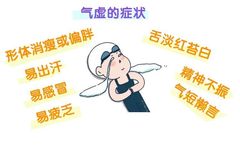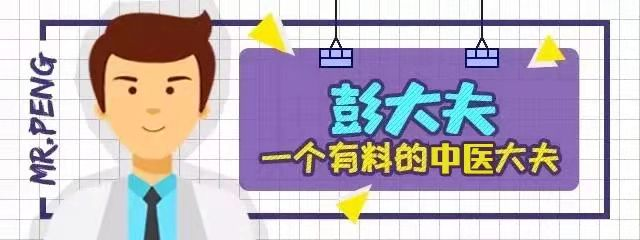
Qi deficiency syndrome is a common type of deficiency syndrome we encounter. In Traditional Chinese Medicine (TCM), Qi deficiency can affect multiple organs such as the heart, lungs, spleen, and kidneys.
First, let’s look at how Qi deficiency affects the lungs. It often leads to problems with lung Qi’s ability to contain, resulting in excessive sweating, especially during physical activity. If it continues to affect the heart, symptoms may include palpitations, arrhythmia, and increased sweating in summer, leading to fatigue, dry mouth, and shortness of breath. During physical exertion, the heart may beat rapidly. In this case, we can use Shen Mai Yin (Shen Mai Decoction) and Bai Zi Yang Xin Wan (Bai Zi Heart Nourishing Pill) for treatment.
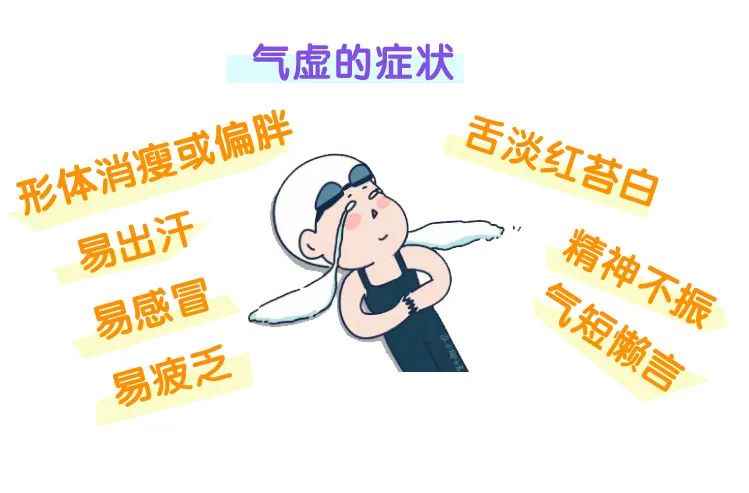
The spleen and stomach are the foundation of postnatal life and the source of Qi and blood production. The spleen governs the muscles and limbs and is responsible for transformation and transportation. When spleen Qi is deficient, symptoms may include weakness in the limbs, loss of appetite, lethargy, frequent diarrhea, abdominal distension, poor digestion, and loose stools. In this case, we can use Shen Ling Bai Zhu San (Ginseng, Poria, and Atractylodes Powder) for treatment.
If Qi deficiency affects the kidneys, it will impact kidney Qi transformation. Kidney Qi deficiency can lead to symptoms such as weakness and soreness in the lower back and knees, frequent urination, and urgency.
When Qi deficiency occurs, the body’s ability to eliminate waste and toxins is weakened, leading to elevated levels of creatinine and urea nitrogen. Additionally, the kidney’s ability to contain is reduced, resulting in proteinuria and lower limb edema.
At this point, we need to tonify kidney Qi, and Jin Gui Shen Qi Wan (Golden Cabinet Kidney Qi Pill) can be used for treatment.
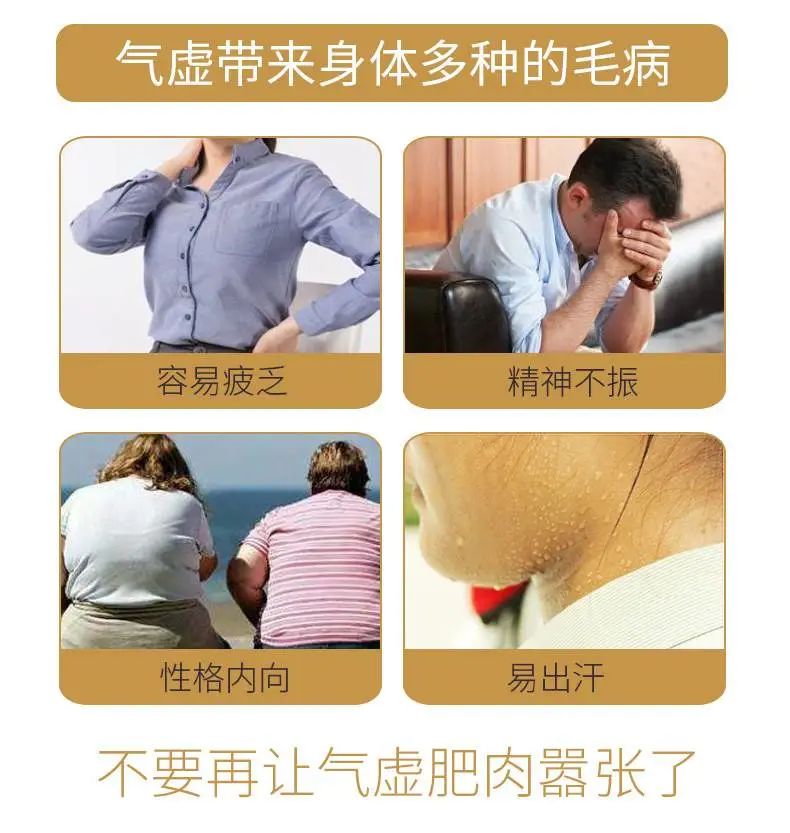
Clinically, Qi deficiency is often seen in multiple organs simultaneously, and it frequently coexists with blood deficiency, Qi stagnation, blood stasis, phlegm dampness, and heat obstruction. Therefore, it is essential to conduct precise TCM differentiation based on specific conditions. After accurately identifying the syndrome type, appropriate prescriptions can be made to achieve good therapeutic effects.
For patients with Qi deficiency, self-care measures can also be implemented. It is important to maintain the health of the spleen and stomach, regularly eliminate dampness from the body, enhance nutrition, and ensure adequate and effective rest and sleep, along with consistent aerobic exercise.
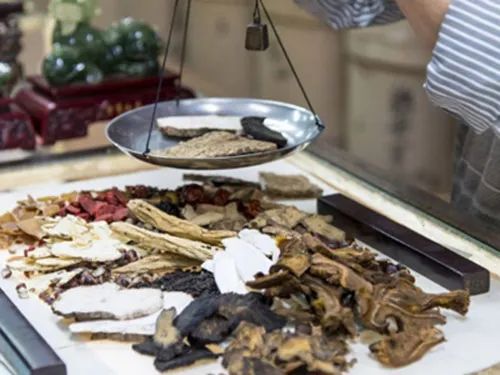
All of these measures can significantly aid in correcting and treating Qi deficiency issues.
For any questions, please feel free to consult, learn, and communicate.
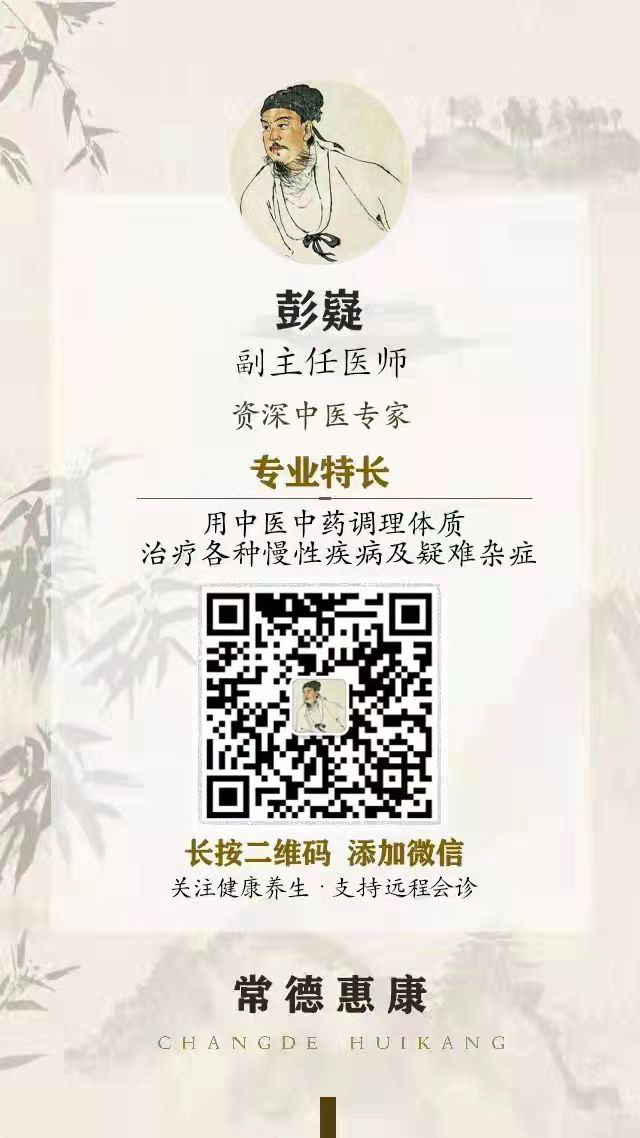
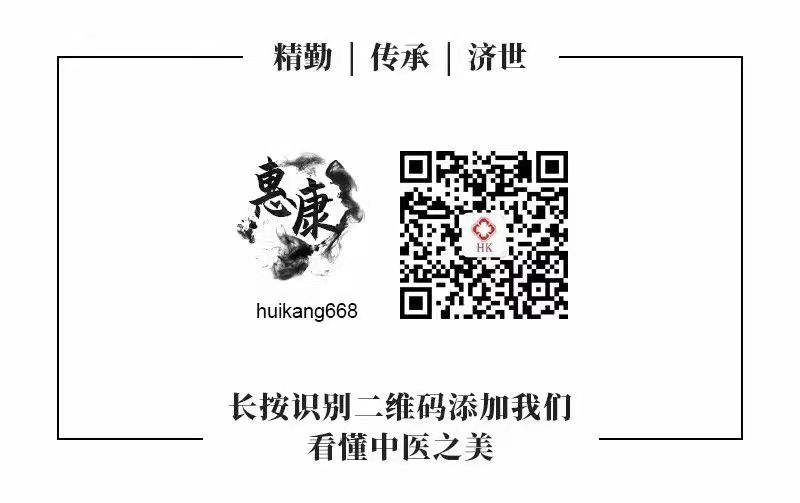
Previous Highlights
1. How to Clear Damp-Heat from the San Jiao?
2. The Dialectical Relationship Between Yin-Yang Balance and Insomnia
3. Yin and Yang Deficiency: Which to Supplement First?
4. What Does a Pale Tongue Indicate? How to Regulate and Treat It?
5. How to Regulate When Both Spleen Deficiency and Liver Fire Are Present?
6. What Is Kidney and Liver Yin Deficiency? How Should It Be Regulated?

